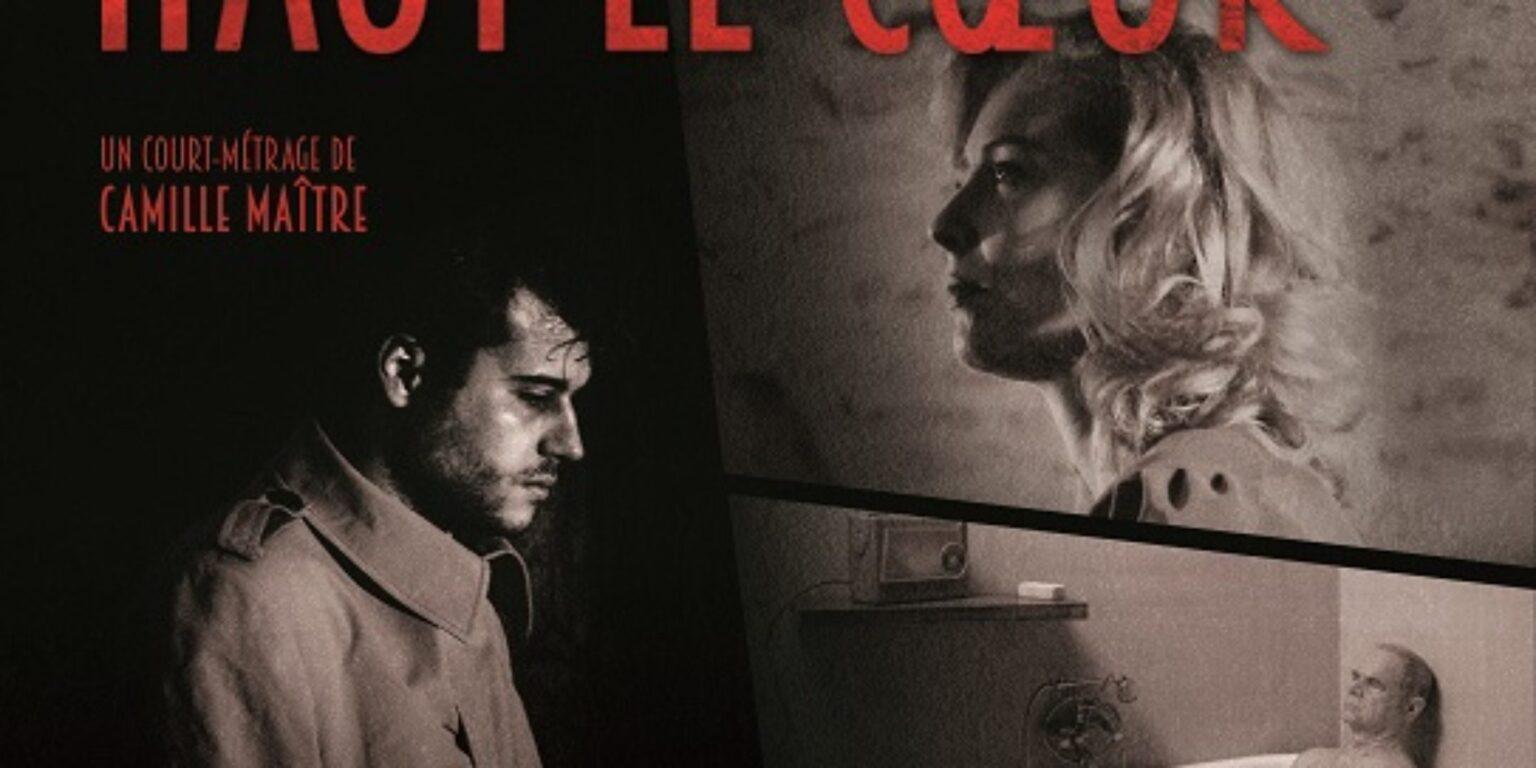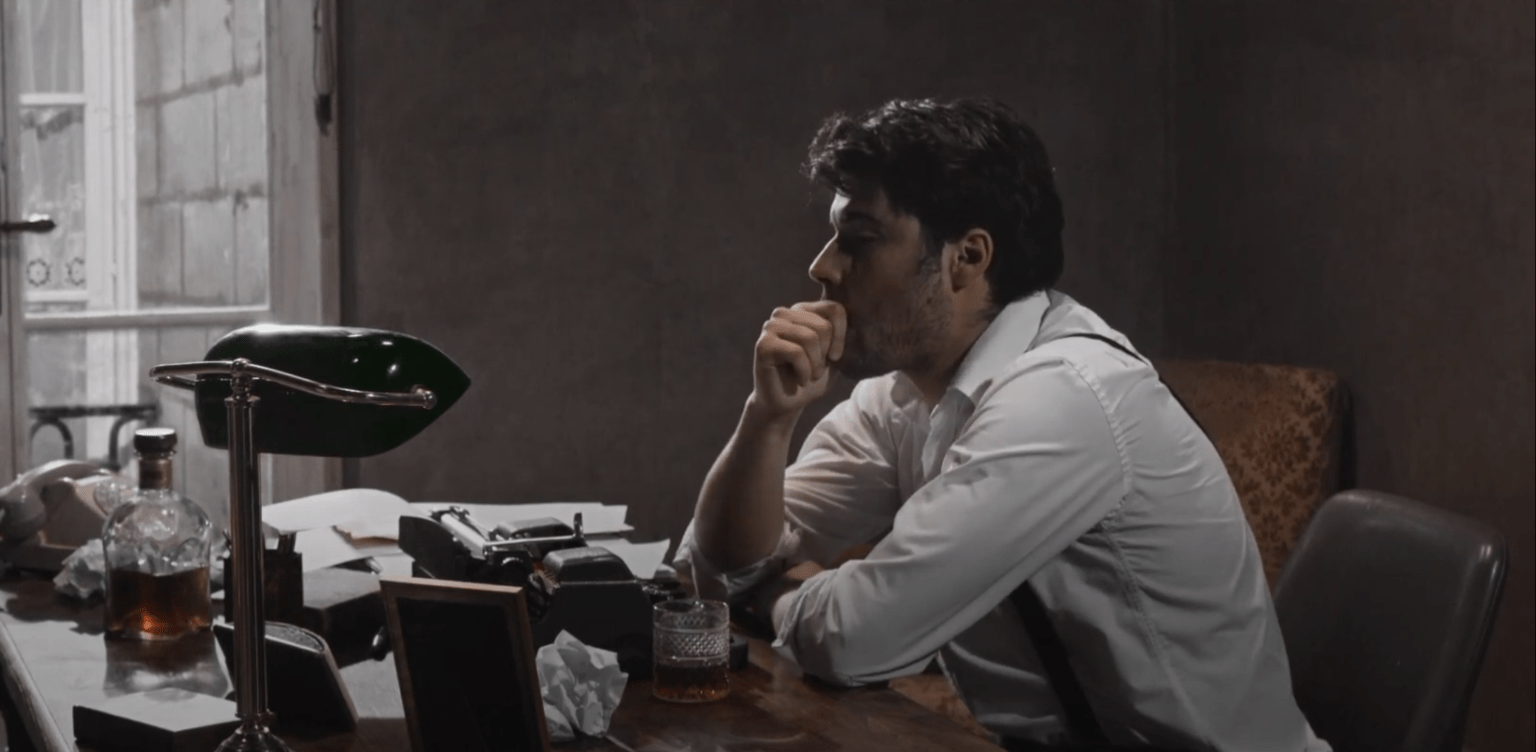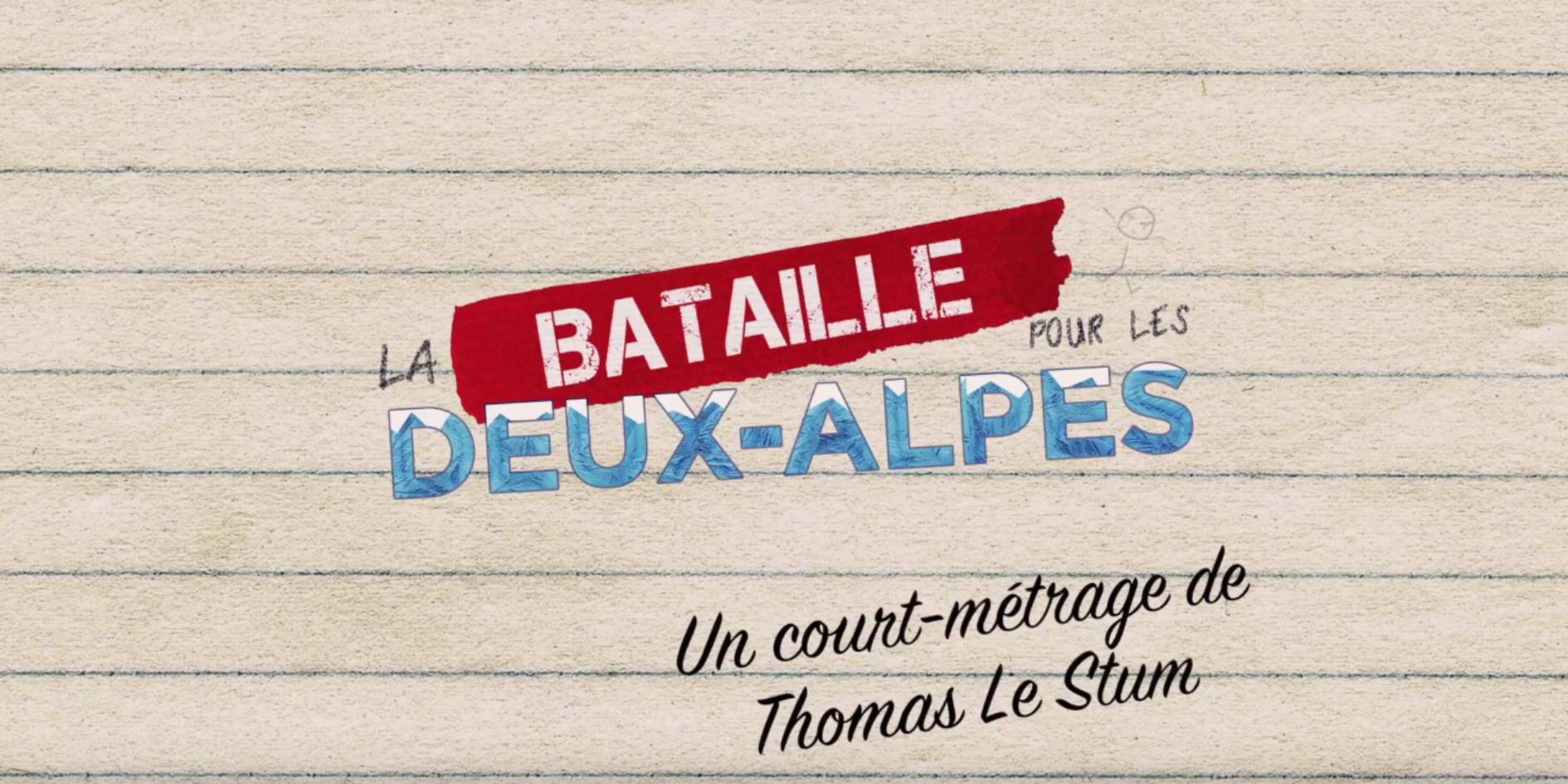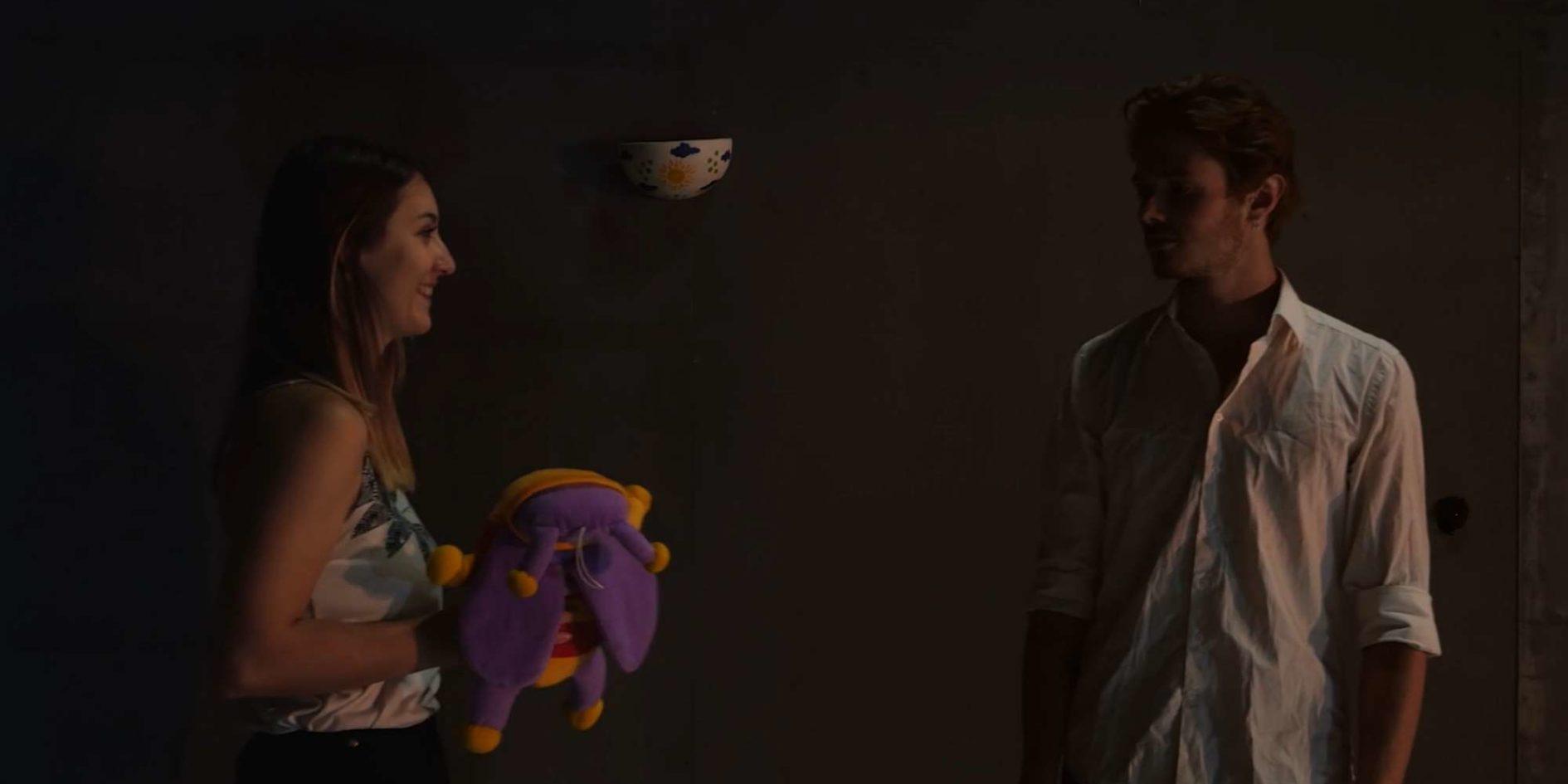How was this film born?
During the 2nd year of studies, we submitted an idea for a film to the school’s educational teams. The fantastic and magical writing was close to the universe of Stephen King, and brought a real originality to the story.
We can feel a very worked style. What are the artistic intentions of the film?
Haut-le-Cœur wants to pay tribute to the film noir, with both this nostalgia for the film noir of the 40s and 50s, which tends towards Hollywood classics, and the dark atmosphere mixing the destructive role of the femme fatale and the male hero with multiple weaknesses. The strange and toxic atmosphere, the duality of the characters, but also the outcome of the main character, in a situation of failure, are also part of this logic.
What is the true main theme of the film?
In this short film, cruelty and the inherent evil of man are the main subjects. Human beings invented evil, and use it to stimulate their emotions, but also to give birth to its opposite, good! In Haut-le-Cœur, Leonardo’s character rejects romance, and finds refuge in the news and the sordid. Evil becomes his muse and a true source of inspiration. This development refers to the dehumanization of Leonardo’s society, and of society in general, and points to the desensitization of the public and the role of the media. The film raises the question of responsibility (of the media? of the audience?), and aims to lead the viewer to question his own relationship to the news.
To deal with these issues, you wanted to transpose this reality to the France of the 1950s. What did it bring to your story?
This leap backwards allows the film to transcribe a certain nostalgia, by evoking, for example, the landmarks of the time (the typewriter, the fashion of the 40s and 50s, jazz…). Shifting the story to a time prior to ours allows us to point out the timelessness and universality of the themes treated in Haut-le-Cœur, while keeping a certain distance. In this way, we avoid falling into something too edifying and moralizing.
Leonardo’s character is very complex!
Indeed, he is! Just like Joe Gills in Sunset Boulevard (Billy Wilder), Leonardo has great financial difficulties: he can’t make a living from his art, and carries a lot of debt. He lives isolated, which causes him anxiety, manifested by sensory illusions, and a disturbance in the perception of time. In this fantastic universe, the limit between illusion and reality is very blurred. His anxiety is of course also expressed by the white page syndrome, which he is experiencing. The choices that this anxiety will dictate will lead him to confront his own consciousness. In the film, causality plays a key role: events are linked to each other and lead to a predictable end. Haut-le-Cœur is deterministic, and will not leave the viewer dissatisfied!
From a more technical point of view, how did the shooting go?
The shooting lasted a week, and the settings were a big challenge. We had to set up and take down 3 sets in the school studio ! One of these sets, which represents the main universe of the film, namely Leonard’s apartment, required a particularly large amount of work. We also shot in a bar in Nantes, as well as in a magnificent entrance hall typical of the 1900s.
Overall, it was a demanding shoot, with many ups and downs! The lack of financial investment did not make it easy for us, and we lost a lot of time. But with hindsight, it was all the more formative, and the relationship between the different members of the film crew and the cast made up for these difficulties. We were able to stay together and face the challenges together.
How was the film received by the graduation jury?
To tell you the truth, it was moderately well received. But the jury remains a great moment for each student, and allows us to meet film professionals. It’s in a way our first step into the professional world.
How do you look back on your training years at CinéCréatis?
My time at CinéCréatis has been very formative. From the first year, I felt a particular interest in production, and that’s why I multiplied my experiences as an assistant director, stage manager and production manager.
From these 3 years, I learned that it is essential to be surrounded by a team. In the audiovisual industry, you can’t achieve anything alone! You have to exchange, listen, share and support each other.




